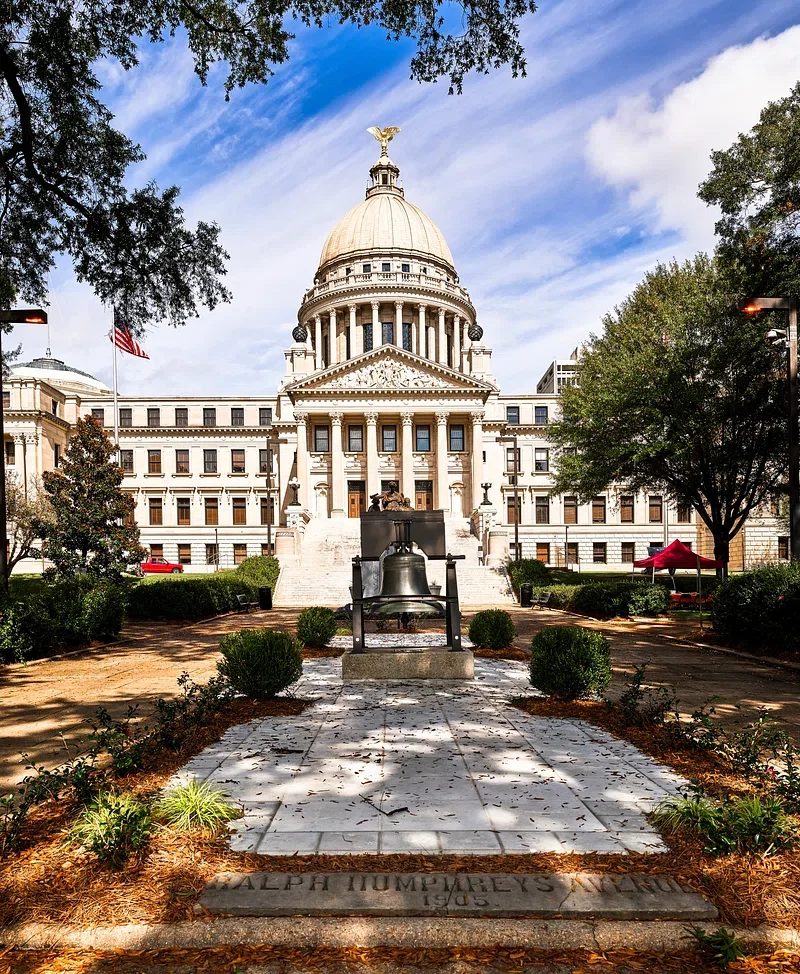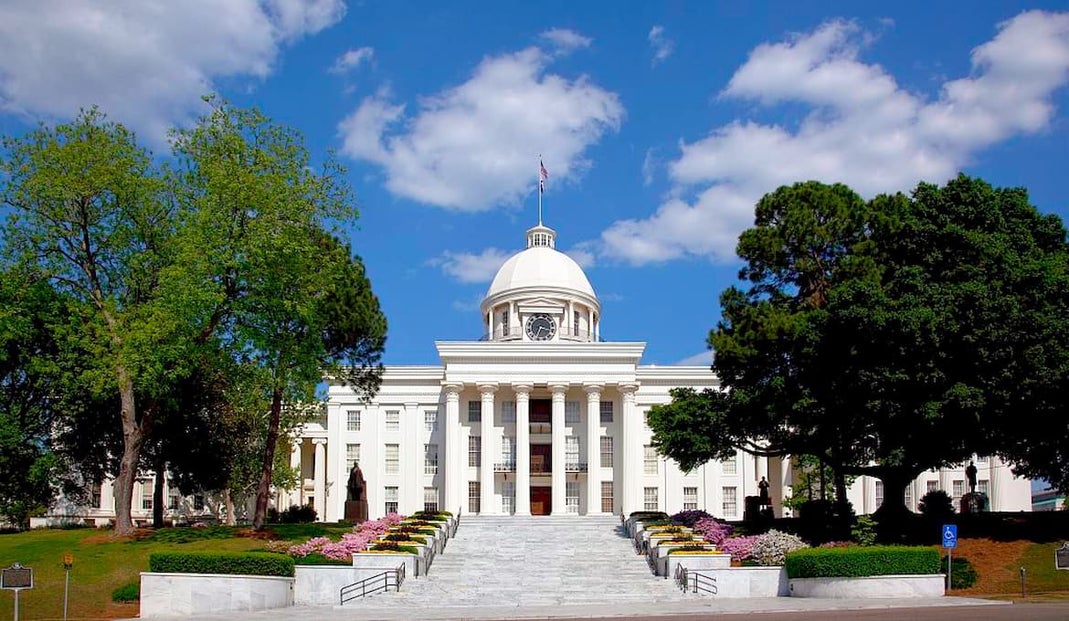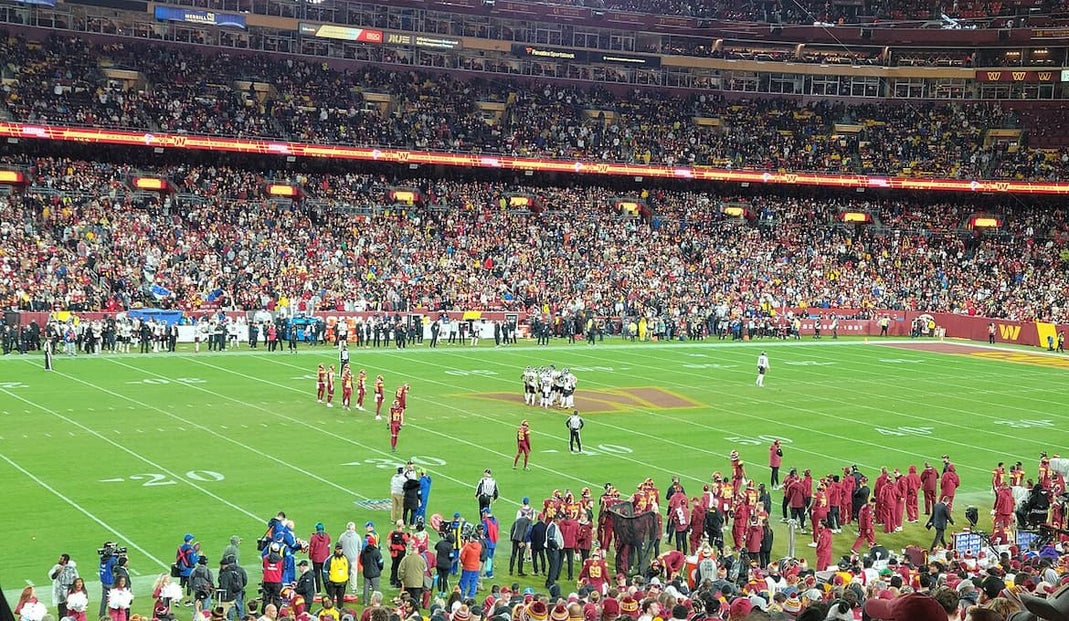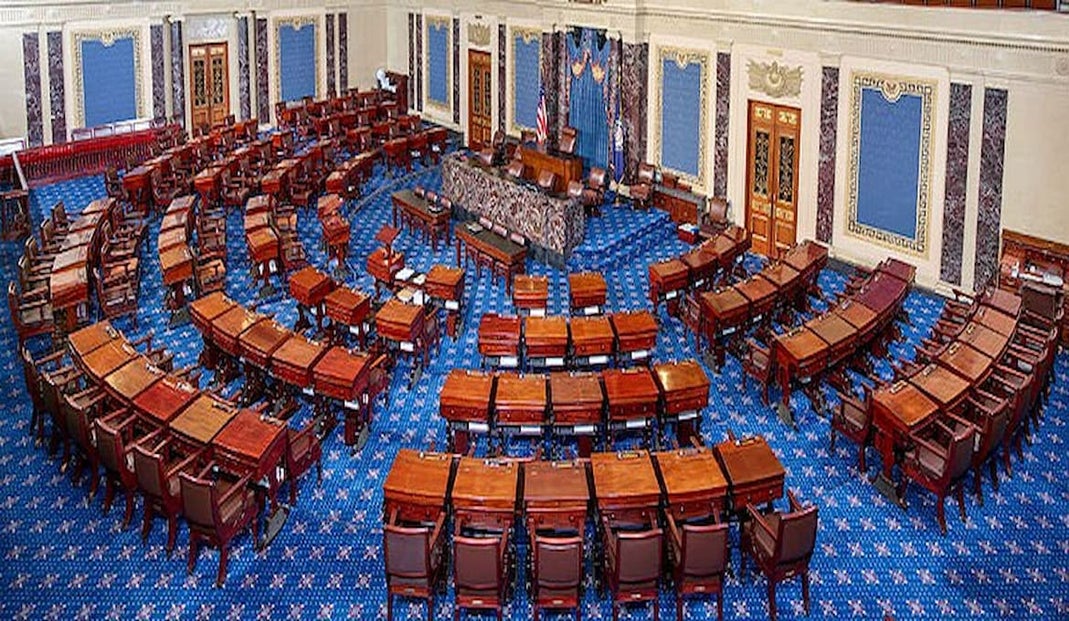Taxation at the Center of Fight
Colorado and several tribes were negotiating how a legal sports betting market would work years ago but were unable to reach an agreement due to the issue of taxation.
Federally recognized tribes are exempt from paying taxes to the government. That means they would not have to pay any tax on sports betting revenue generated on their land. If the tribes were allowed to partner with outside operators, it would open a loophole for them also to avoid paying taxes.
As a result, the state did not require online operators to partner with tribes. It also only allows retail sports betting at non-tribal casinos in the state.
State Fears Lost Revenue, Problem Gambling
Colorado’s sports betting market is unique in the way it spends its tax revenue. The funds go towards water projects across the state, which become more crucial as freshwater levels continue to decline. Revenue from sports betting provides millions of dollars to those efforts, making them vital to the state’s future.
Revenue aside, a tribal-owned sports betting industry would bring all the dangers of problem gambling without any of the benefits. We have seen addiction spike as the industry grows, but the money going into state programs helps to justify the move. Most states also set aside tax revenue from sports betting to support problem gambling programs.
Florida Legal Battles Could Set Precedent
One reason the state fears the possibility of being cut out of the industry is Florida’s recent legal battle over its sports betting industry. It was a years-long battle over the Seminole Tribe’s control over the sports betting industry, but it ended once the US Supreme Court decided against taking the case.
The failed legal challenge means that federal courts accepted the argument that online sportsbooks with servers on tribal lands are covered by the Indian Gaming Regulatory Act (IGRA). IGRA is the law allowing federally recognized tribes to offer gambling on their lands, and the Florida battle changed how it is now interpreted.



































